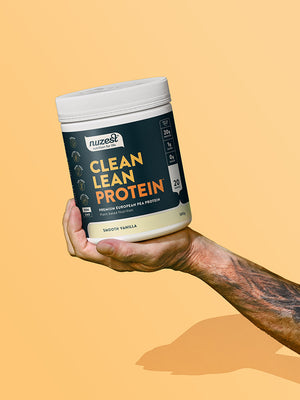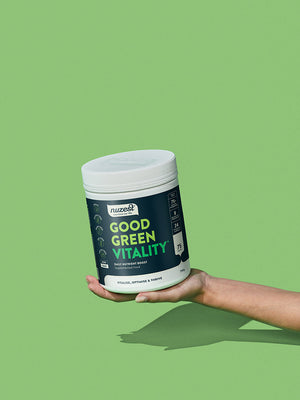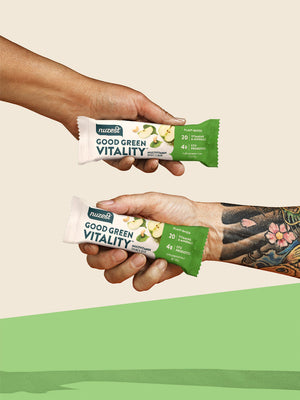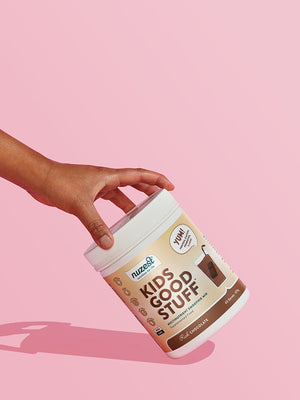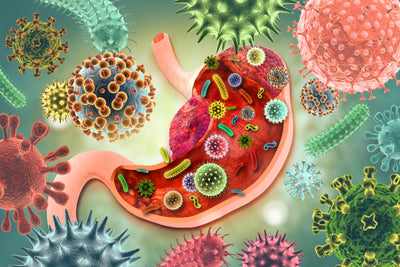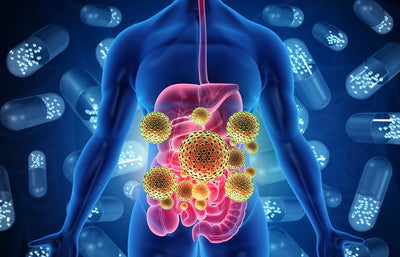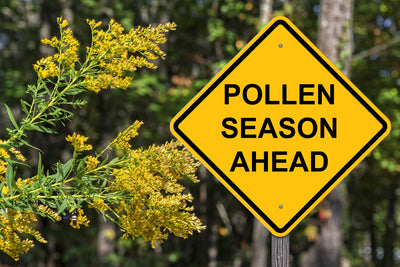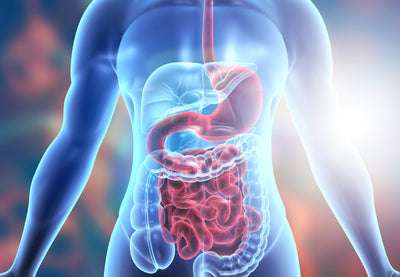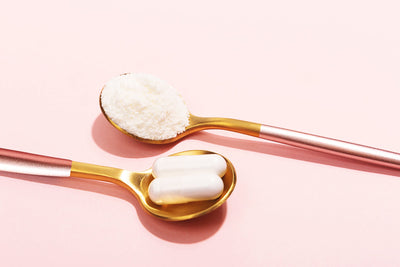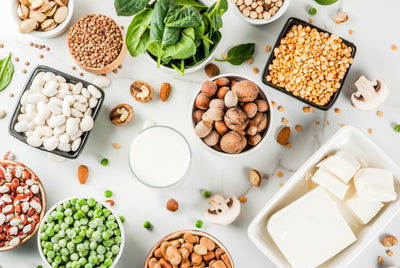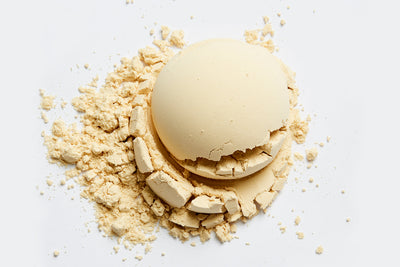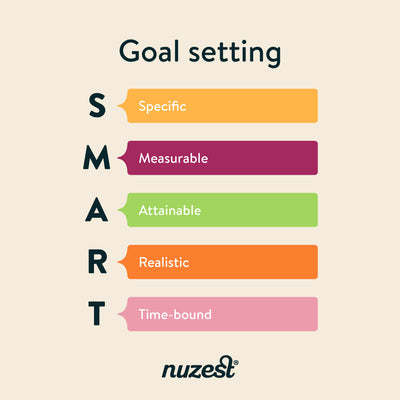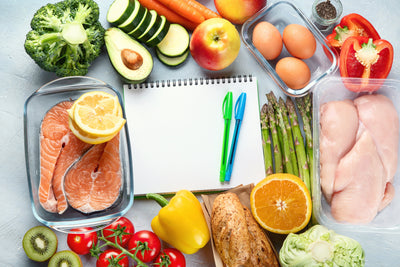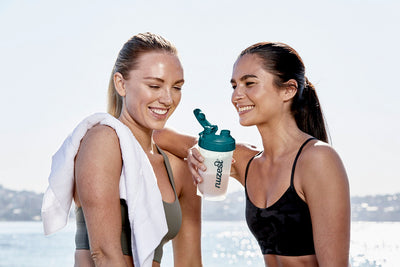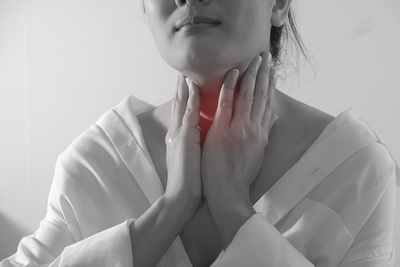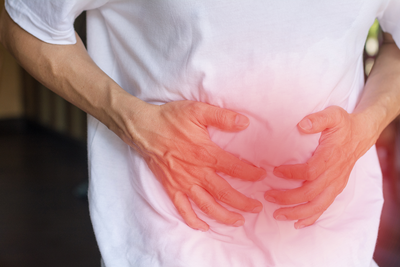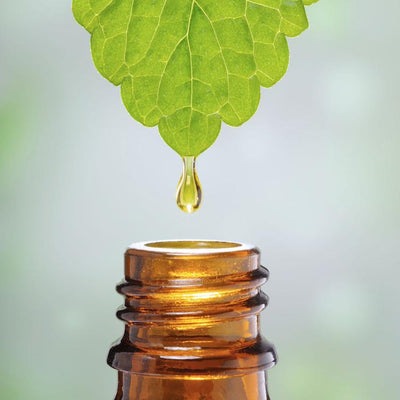
10 min read
How healthy are plant-based diets?
Posted By
Caitlin Turner
Plant-based diets increase in popularity each year. Australia is currently the third fastest growing vegan market in the world 1. In addition to this, the number of Australian’s who eat all or mostly vegetarian has risen from 1.7 million to 2.1 million in just four short years 2.
But what exactly is a plant-based diet? And is it healthier than an omnivorous diet?
Types of plant-based diets
The true definition of plant-based diets is often disputed.
Some feel that this refers to a diet completely free of animal products.
Others refer to it as a dietary pattern where the majority of food comes from plant-based sources, however small amounts of animal products may still be eaten. Common forms of plant-based diets include:
Vegans
Vegans avoid all animal products such as milk, eggs, poultry, seafood, meat and honey.
Lacto-ovo Vegetarian
Lacto-ovo vegetarians avoid meat, poultry and fish but do consume eggs and dairy products.
Lacto Vegetarian
Lacto-vegetarians avoid meat, poultry, fish and eggs but do consume dairy products.
Ovo Vegetarian
Ovo-vegetarians eat no meat, poultry or dairy but do eat eggs.
Pescetarian
Pescetarians eat animal products such as dairy, fish and eggs but avoid meat and poultry.
Why do people decide to follow a plant-based diet?
There are many reasons as to why a person may adopt a plant-based diet. The most common of these include:
- Health: Research shows that this type of eating pattern may reduce the risk of many chronic diseases such as high blood pressure, heart disease and type 2 diabetes 3
- Ethical: Many people are concerned about the ethics behind consuming meat and other animal products
- Environmental: Animal agriculture often leads to land clearing and the production of large amounts of methane gas. This process places a large impact on the health of the earth 4
- Affordability: Legumes, nuts, seeds and grains are often cheaper protein sources than meat and poultry
- Religion: Religions such as Buddhism or Seventh Day Adventists promote following a vegetarian diet as part of their practice
Planning a balanced plant-based diet
When swapping to a plant-based diet, it is essential to ensure you are eating an adequate amount of each of the core food groups daily 5. These include…
- Fruit such as strawberries, oranges, pineapple and watermelon
- Vegetables including peas, beans, capsicum, tomato and spinach
- Protein rich foods instead of meat, chicken and eggs, plant-based eaters such use proteins such as tofu, tempeh, chickpeas, lentils, kidney beans, nuts and seeds. Nuzest Clean Lean Protein can also be a great addition to smoothies or oats to help boost up your daily protein intake
- Whole grains such as wholegrain pasta, wraps, bread, quinoa and brown rice
- Dairy and dairy alternatives instead of cows-milk dairy products, plant-based eaters may choose calcium-fortified plant milks such as soy, oat or almond milks and yoghurts. Asian greens, broccoli, tahini and tofu also provide a good source of calcium
Key nutrients to consider on a plant-based diet
Animal products contain many essential vitamins and minerals. To prevent nutritional deficiencies when removing these, it is important to replace these foods with the appropriate alternatives.
Vitamin B12
Vitamin B12 is created by a type of bacteria and is naturally found in foods such as meat, milk and eggs 6. It is essential for normal functioning of the brain and nervous system 6. Vitamin B12 plays roles in the creation of red blood cells, producing DNA and forming fatty acids in myelin, the coating around our nerves 6.
Unfortunately, Vitamin B12 is not naturally found in any plant-based foods. Because of this, it is important that people following a completely plant-based diet (ie. consume no animal products) consider fortified foods or supplements.
Foods richest in vitamin B12 include eggs, vitamin B12-fortified plant-milks, cow’s milk, yoghurt and cheese and nutritional yeast.
Zinc
Zinc is an important mineral involved in wound healing, skin health, the creation of DNA and metabolism 7. The absorption of zinc by the body from plant-based foods is lower than the zinc found in animal-based foods. This is due to many zinc-rich foods containing phytates, a compound that binds to zinc and stops its absorption 8,9.
To overcome this, it is beneficial for plant-based eaters to soak their beans, grains and seeds in water for several hours before cooking. This helps to improve zinc absorption. Nuzest Clean Lean Protein is water isolated for this very reason, thus is free of lectins and low in phytates resulting in improved nutrient absorption. One serve of Nuzest Clean Lean Protein provides 3 mg zinc.
Foods rich in zinc include tofu, tempeh, sun-dried tomatoes, pumpkin seeds, sunflower seeds, flaxseeds, almonds and Brazil nuts.
Calcium
Calcium is well known to be the essential nutrient in dairy. It plays roles in healthy nerve and muscle function and maintains the strength of bones and teeth10. When there is not enough calcium available through the diet, the body breaks down the calcium stored in the bones to supply the amount required in the blood 10. Overtime this can weaken the bones and lead to an increased risk of osteoporosis.
Foods richest in calcium include dairy-based yoghurt, milk and cheese, calcium-fortified plant-milks, tahini, Asian greens and hard tofu. Nuzest Good Green Vitality also contains a high 165 mg of calcium – that’s the same as half a cup of milk!
Iron
Iron is a mineral that is needed for red blood cells to bring oxygen to all parts of the body 11. The oxygen is then used to create energy. Low levels of iron can result in anaemia, which comes with symptoms such as fatigue, a fast heartbeat and shortness of breath 24.
Like zinc, iron-rich plant foods are often higher in phytates which can reduce the absorption of iron from foods. As a result, vegetarian women and men often have lower iron stores than people who eat meat.
To maximise iron absorption, it is important to:
- Consume iron-rich plant-foods such as spinach, legumes, almonds, dried apricots and cashews
- Include vitamin C rich foods such as oranges and kiwi fruit to boost iron absorption
- Keep tea and coffee 1 hour away from meals as these can reduce iron absorption
- Only use calcium-supplements between meals as these can also affect iron absorption
Nuzest Clean Lean Protein is made from European Golden Peas, making it a natural source of iron which is extremely low in phytates!
The bottom Line
There are many forms of a plant-based diets that can be followed. To confer the most health benefits, it is important to ensure that the diet is predominantly from whole, unprocessed plant foods and reduces or limits animal products. Due to plant-based diets having an increased risk of nutritional deficiencies, it is important to plan your diet appropriately. It may also be worthwhile to consider boosting your diet with Nuzest Good Green Vitality which is rich in the three essential minerals zinc, calcium and vitamin B12!
References
- Aussies Hunger for Vegan Friendly Products | Unique Health Products. (2020). Retrieved from https://uhp.com.au/blog/aussies-demand-vegan-friendly-products/
- Rise in vegetarianism not halting the march of obesity. (2020). Retrieved from http://www.roymorgan.com/findings/7944-vegetarianism-in-2018-april-2018-201904120608
- Fraser, G. (2009). Vegetarian diets: what do we know of their effects on common chronic diseases? The American Journal of Clinical Nutrition, 89(5), pp.1607S-1612S.
- org. (2019). FAO - News Article: Key facts and findings. Retrieved from http://www.fao.org/news/story/en/item/197623/icode/.
- gov.au. (2019). Australian Guide to Healthy Eating | Eat for Health. Retrieved from https://www.eatforhealth.gov.au/guidelines/australian-guide-healthy-eating.
- gov.au. (2019). Vitamin B12 | Nutrient Reference Values. Retrieved from https://www.nrv.gov.au/nutrients/vitamin-b12.
- gov.au. (2019). Zinc | Nutrient Reference Values. Retrieved from https://www.nrv.gov.au/nutrients/zinc
- Hunt, J. (2003). Bioavailability of iron, zinc, and other trace minerals from vegetarian diets. The American Journal of Clinical Nutrition, 78(3), pp.633S-639S.
- Saunders, A., Craig, W. and Baines, S. (2012). Zinc and vegetarian diets. The Medical Journal of Australia, 1(2), pp.17-21.
- gov.au. (2019). Calcium | Nutrient Reference Values. Retrieved from https://www.nrv.gov.au/nutrients/calcium.
- gov.au. (2019). Iron | Nutrient Reference Values. Retrieved from https://www.nrv.gov.au/nutrients/iron.
Related news
min read
An Introduction to Gut Health & Nutrition – 5 Must See Articles
Gut health significantly affects overall wellbeing, influencing brain function, immunity, and metabolism. A balanced gut microbiota, influenced by diet and environment, can potentially enhance health, aid digestion, and reduce allergies. The roles of probiotics and prebiotics in gut health are also discussed.
min read
Probiotics vs. Prebiotics
Unleash gut health with probiotics and prebiotics! Strengthen digestion, immunity, and overall well-being. Try Nuzest's Good Green Vitality for convenient support with 8 billion CFU of probiotics. Take charge now!
min read
The Link Between Gut Health & Allergies - Plus 5 Top Tips to Help
Discover the link between gut health and allergies, and how the gut microbiome influences the body's immune response to allergens. Learn how adopting a balanced diet with prebiotics and probiotics can support gut health, reducing the risk of allergic reactions. Explore solutions for allergy relief and fostering a healthier gut with Nuzest’s multi-nutrient formula, Good Green Vitality.
min read
The Great Diet Debate: Unravelling the Tapestry of Popular Eating Plans
Exploring popular diets such as the Mediterranean, Ketogenic, Plant-Based, Paleo, and Intermittent Fasting, this overview highlights their principles, benefits, and considerations. It emphasizes the importance of finding a dietary pattern that aligns with individual health goals and preferences, while suggesting the potential benefits of incorporating a multi-nutrient supplement for overall health.
min read
The Gut Connection: How to Improve Your Digestion and Gut Health in 6 Steps
Discover the significance of gut health and its impact on digestion and overall well-being in this insightful article. Learn six practical steps, including maintaining a balanced diet, staying hydrated, managing stress, and using antibiotics wisely, to promote a healthy gut and enhance vitality.
min read
Does Gut Health Affect Your Immune System? | Do These 6 Things
The gut microbiome, which consists of trillions of bacteria in our digestive tract, plays a crucial role in supporting our immune system and overall health. Consuming probiotics and prebiotics, staying hydrated, managing stress, limiting processed foods, and engaging in outdoor activity and exercise are effective strategies to promote a healthy gut and enhance immunity.
min read
What is Collagen? Types, Sources and Benefits of Supplementation
Collagen is essential for joints, bones, muscles, ligaments, tendons, cartilage, skin, hair and nails.2 It is one of the primary structural proteins of connective tissue and plays a crucial role in the body by cushioning, strengthening, hydrating, binding, and connecting tissues together.3 Connective tissues are able to provide physical and mechanical support through the collagen, elastic and reticular fibres
min read
Kids Good Stuff for Skin Health
How can you ensure your kids have healthy skin? A part from the obvious, what nutrients can we provide our kids to ensure their skin stays in tip top shape?
min read
Maximising Mood In Your Kids
Almost 1 in 7 children and adults aged 4-17 had been diagnosed with a mental health disorder. Amy Butler discusses good nutrition and lifestyle modifications, that can help to reduce the risk.
min read
Long-Lasting Energy For Kids
Children and adolescents are going through massive periods of growth and development. To keep up with the demands of school, extracurricular activities, sports and friendships, kids often need a bit of an energy boost. In our latest blog we break down some specific nutrients for energy, to help support growing kids, and the best places to source them from.
min read
Setting Health Goals & Staying Motivated in 2021
Use this tried and tested goal strategy to set smaller, specific goals to avoid the overwhelm of unrealistic and vague health objectives.







